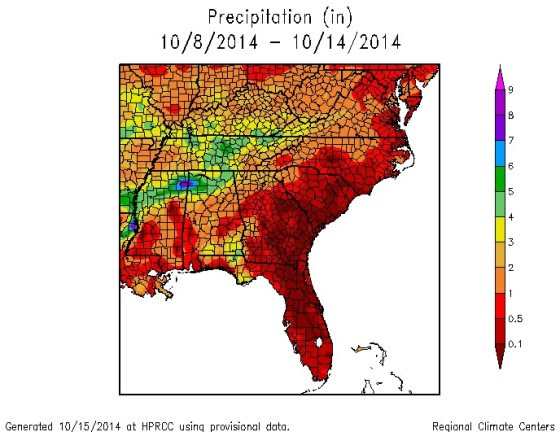Reposted with permission from
Lancaster Online.
$4 million whitewater playboating park below Holtwood Dam tested, about to open to public
By AD CRABLE | Staff Writer | Posted 2 hours ago
By remote control, a metal gate opens on the York County side of the Holtwood Dam and impounded Susquehanna river water gushes down a 100-year-old stone fish ladder at 755 cubic feet per second.
Soon, a newly constructed channel is transformed into churning, splashing whitewater reminiscent of a Western river.
The scene last Wednesday morning is just what Matt Samms, a 40-year-old kayaker from Safe Harbor, had been dreaming about for eight years now.
Samms, in a wetsuit, protective helmet and ear plugs, eases himself into a short, snub-nosed Pyranha kayak that weighs a mere 45 pounds.
Over the next several hours, he and eight other devotees of the whitewater freestyle kayaking sport of playboating spin, surf — even roll underwater on a whim — their kayaks in powerful artificially-created waves and momentum-stopping hydraulics.
They test different flows to see which will make the playground all it can be.
“We’re working out some bugs,” announces Samms as wailing sirens and strobe lights announce the water release from the dam and that the downstream river level will soon be rising. Four bald eagles soar overhead.
After years of planning and initially testy negotiations, the $4 million waterpark built by PPL is about ready to open to the public. Backers believe it will offer world-class whitewater features and become a popular spectator sport that will boost local economies.
The whitewater playground was tested by area kayakers three days last week and it was pronounced ready to rock.
All that remains is for the Federal Energy Regulatory Commission to sign off on a safety plan for spectators lining the banks. Once that happens, likely a few days to several weeks from now, the park will be open for use by the public.
Samms says it may be open almost daily throughout October and November. To find out when the park will open, and a daily schedule of hours,
check out this website. The site is currently inactive until the park gets the green light.
An expansive flat area borders the whitewater where the public can bring lawn chairs and watch the playboaters.
Area kayakers and American Whitewater, a national whitewater advocacy group, mounted a persuasive coalition when they learned that PPL’s expansion of capacity at its Holtwood Dam hydroelectric facility would
remove many of the riverbottom boulders that had created what some considered the best playboating features on the East Coast.
 I sent a message at 4:40pm today. If you don't see an email from me in your inbox, please check your Spam or Junk folders (maybe there are others from me!).
I sent a message at 4:40pm today. If you don't see an email from me in your inbox, please check your Spam or Junk folders (maybe there are others from me!).


